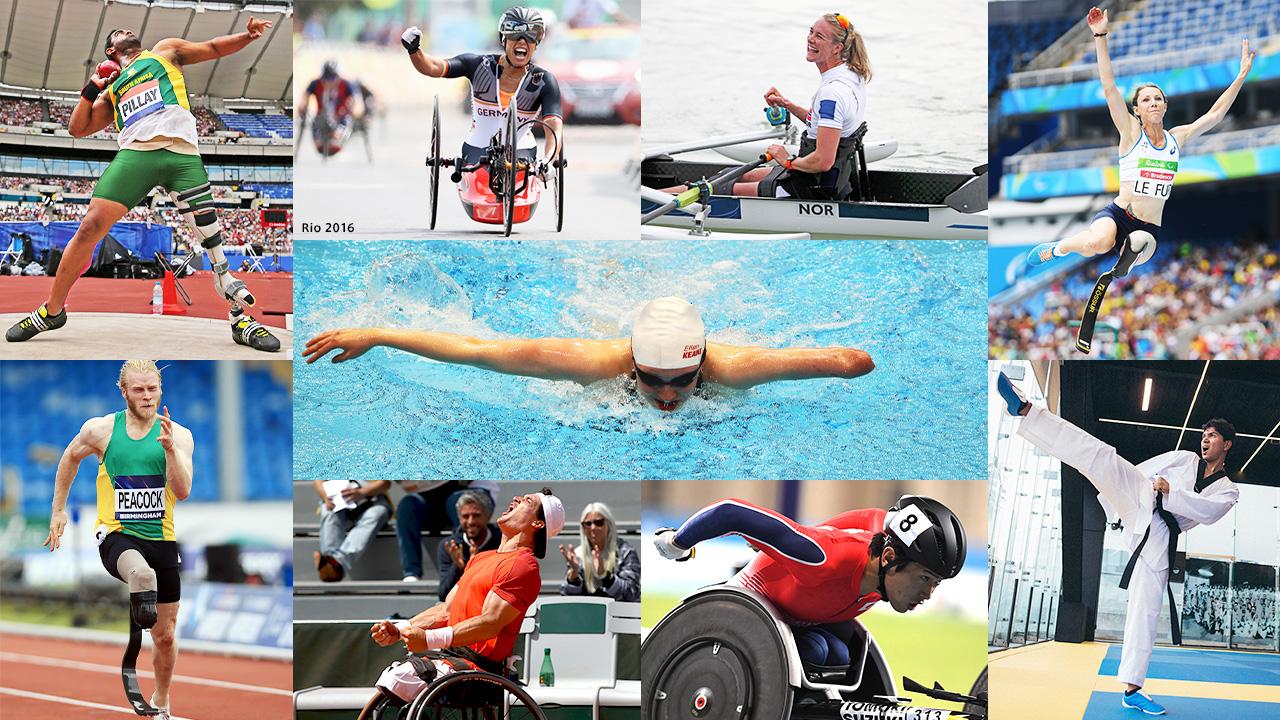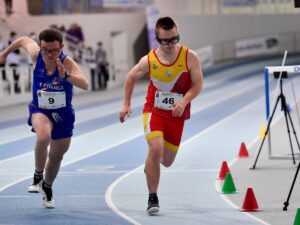The Paralympic Games, held every four years, are a testament to human resilience, determination, and athletic prowess. Born out of the ashes of World War II, the Paralympic movement has evolved into a global phenomenon, promoting inclusivity, equality, and empowerment for athletes with physical disabilities. In this article, we will delve into the history, significance, and impact of the Paralympic Games, exploring how they inspire a world of possibilities.
A Humble Beginning
The Paralympic movement was born in 1948, when Dr. Ludwig Guttmann, a German-born British neurologist, organized a sports competition for athletes with spinal cord injuries at Stoke Mandeville Hospital in Aylesbury, England. Guttmann, a pioneer in the field of spinal cord injuries, recognized the importance of sports in rehabilitation and promoting a sense of community among athletes with disabilities.
From Stoke Mandeville to the World Stage
The first official Paralympic Games took place in Rome in 1960, with 400 athletes from 23 countries participating in eight sports. The Games have since grown exponentially, with the 2020 Tokyo Paralympics featuring over 4,400 athletes from 162 countries, competing in 22 sports. The Paralympic Games are now considered the second-largest sporting event in the world, after the Olympic Games.
Empowering Athletes, Challenging Stereotypes
The Paralympic movement challenges societal stereotypes and stigmas surrounding disability, showcasing the incredible abilities of athletes who refuse to be defined by their physical limitations. Paralympic athletes are not “inspirational” simply because they participate in sports; they are elite athletes who have dedicated their lives to training, sacrifice, and perseverance.
Sports and Inclusivity
The Paralympic Games feature a range of sports, including track and field, swimming, wheelchair basketball, and sitting volleyball, among others. These sports are adapted to accommodate different types of disabilities, ensuring inclusivity and equal opportunities for all athletes. The Paralympic movement promotes a culture of inclusivity, encouraging able-bodied athletes to train and compete alongside athletes with disabilities.
Impact and Legacy
The Paralympic Games have a profound impact on society, promoting disability awareness, inclusion, and accessibility. The movement inspires a new generation of athletes, encouraging them to pursue their dreams, regardless of their physical abilities. The Paralympic Games also drive social change, influencing policy and legislation related to disability rights and accessibility.
Conclusion
The Paralympic movement is a shining example of human potential, resilience, and determination. As we look to the future, it is essential to continue promoting inclusivity, accessibility, and empowerment for athletes with disabilities. The Paralympic Games are not just a sporting event; they are a powerful symbol of hope, inspiration, and a world where everyone can participate and thrive.









